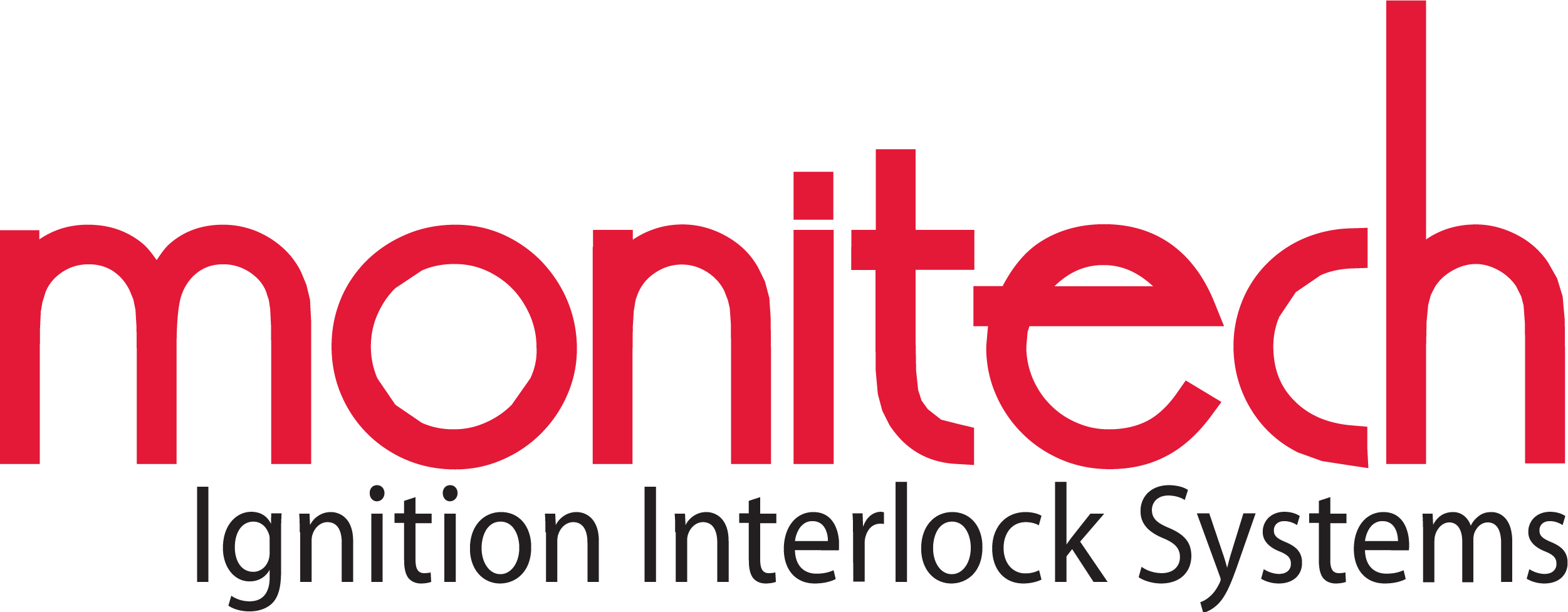To answer this question, let’s look to a county that’s already successfully implemented an ignition interlock program for commercial vehicles. In 1997, Sweden adopted Vision Zero, an initiative to get to zero deaths and zero seriously injured in traffic. From 1997 to 2011, Sweden’s fatal traffic accidents were reduced by 35%. In that time, Swedish officials also noted that about 25% of traffic deaths were caused by drugs or alcohol. So the country launched several initiatives to combat impaired driving.
In one effort to improve the safety and quality of commercial transportation, Sweden began requiring commercial drivers to participate in the national interlock program. You may be surprised to hear that the program was widely accepted by employers and drivers of commercial vehicles. Sweden’s mindset in this effort was to prevent DWIs before they happened rather than punishing those who’d already been convicted of drunk driving.
Sweden is widely considered the pioneer of non-offender interlock programs, focusing on prevention before retribution. School buses, commercial trucks, vehicles carrying hazardous materials, rental vehicles and other commercial vehicles are required to have an interlock. On the whole, drivers agree that it’s a positive program because impaired drivers can give professional companies a bad reputation.
Since committing to its interlock program, which extends to individuals who’ve been previously convicted of a DWI and drivers of commercial vehicles, the yearly rates of recurrent DWIs and general alcohol consumption has fallen sharply. Now, other European countries like France and Finland are beginning to follow Sweden’s lead.
Now this brings us to DUIs and commercial vehicles in the U.S. And apparently, we kind of have a problem. Just recently we’ve had a middle school bus driver in Connecticut charged with DUI, a big rig driver in California arrested for killing another motorist in a drunken collision and a Delaware man found fleeing the wreckage a dump truck he crashed while intoxicated.
Ultimately any kind of non-offender interlock program in the United States will come down to whether Americans value their freedom from such regulation or the assurance that such regulation will prevent drunk drivers from driving.
